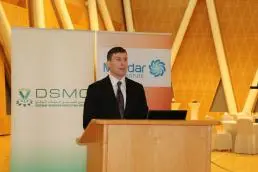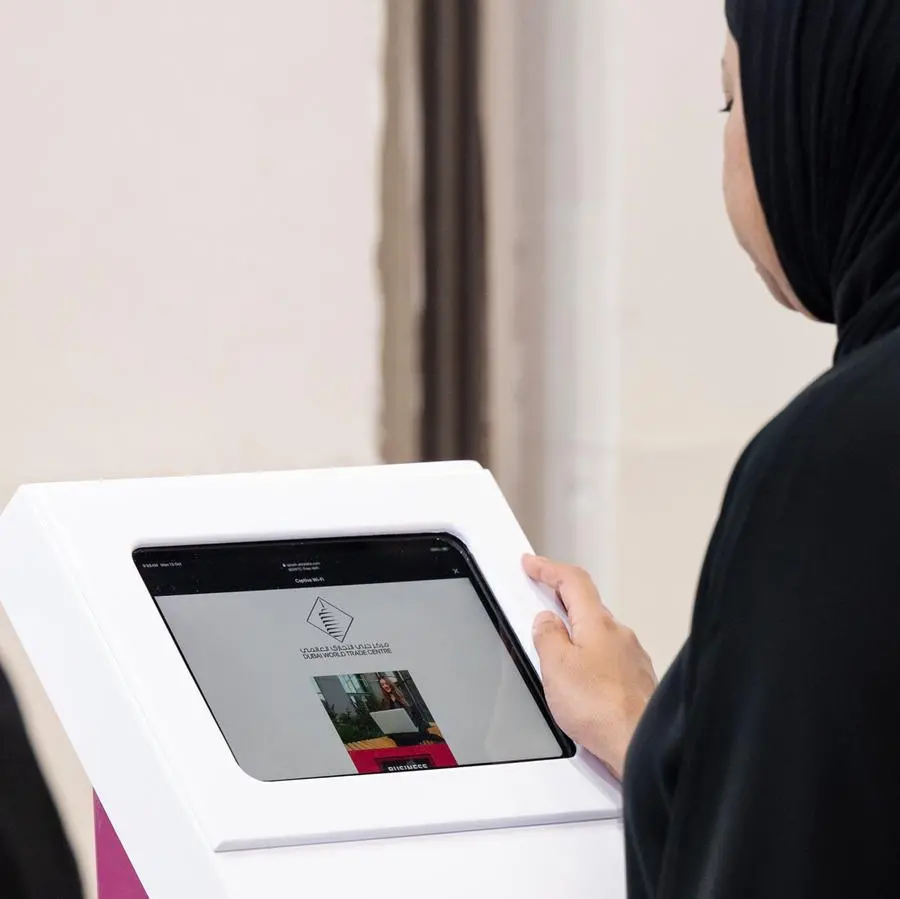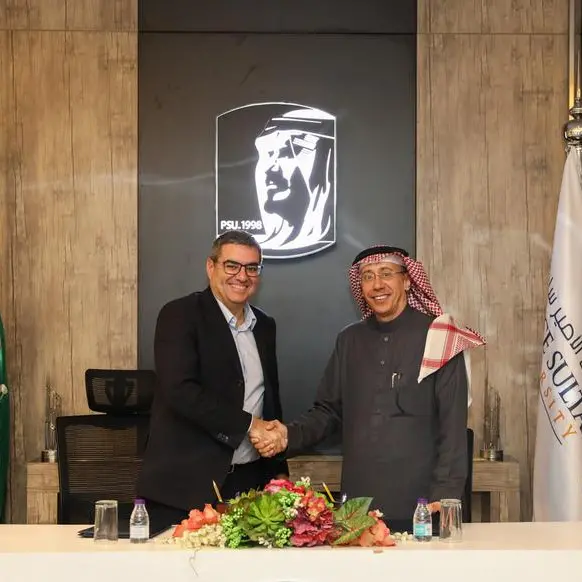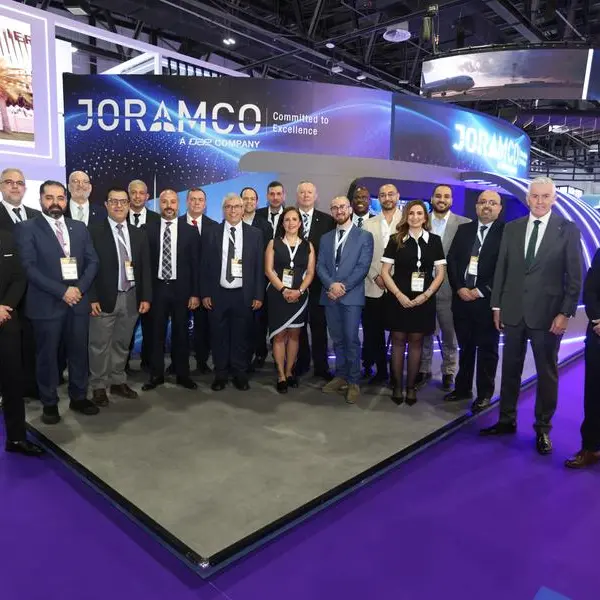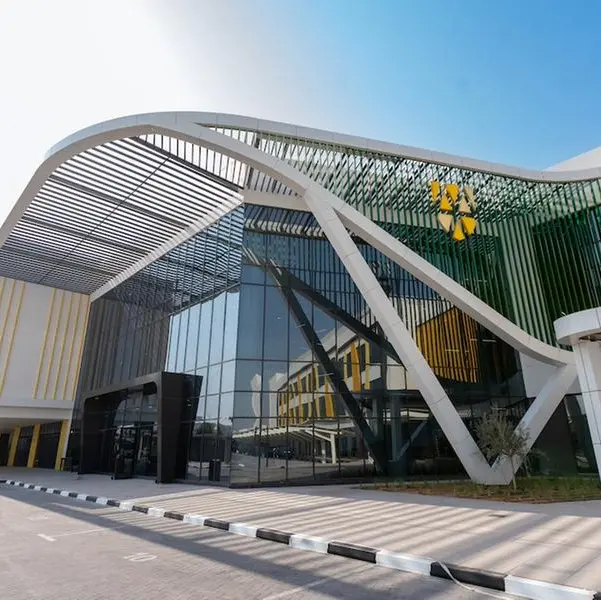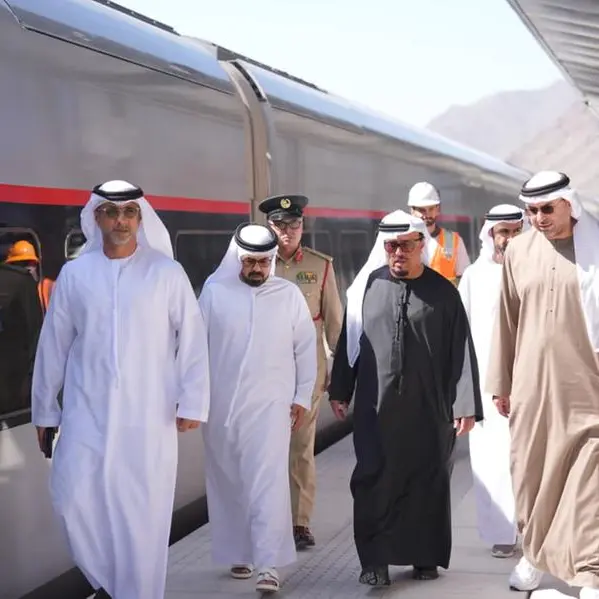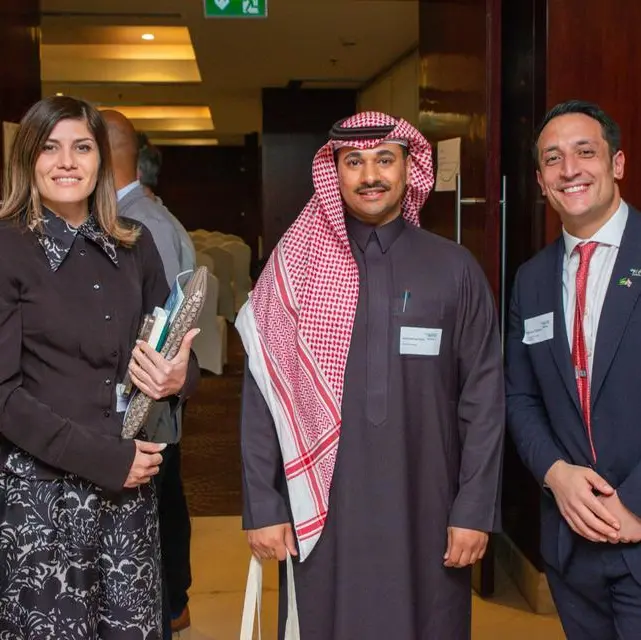PHOTO
World of Possibilities for 'Super Material' Discussed at Event Organized by Masdar Institute, University of Manchester and DSMC Gathering
Abu Dhabi-UAE: 24 May, 2015
The Masdar Institute of Science and Technology, The University of Manchester and the Defense Services Marketing Council (DSMC) are pleased to announce the successful gathering of defense and aerospace professionals to discuss cutting-edge research on promising new 'super materials'.
The Partnering to Achieve Innovation in Defense & Aerospace (PAIDA) Working Group meeting also highlighted the emerging research collaboration between Masdar Institute and The University of Manchester on graphene and 2-dimensional (2D) materials.
The PAIDA Working Group meeting, titled 'Graphene: UAE's Masdar Institute and University of Manchester Advanced Materials Center of Excellence for Energy and Aerospace and Defense Applications,' was held on 20 May at the Masdar Institute campus.
The event provided industry and government stakeholders the unique opportunity to discuss the graphene and 2D materials research collaboration being established between the two institutions and explore opportunities to engage in the development of these exciting technologies.
The new generation of 2D materials has the potential to revolutionize future technologies in the defense and aerospace sectors. Graphene, which is considered a 'super material', is 200 times stronger than steel, yet incredibly lightweight and flexible with excellent thermal and electrical conductivity. It may find commercial application in the aviation, energy and defense industries, as well as water purification and treatment and more efficient desalination.
Market intelligence firm IDTechEx Research predicts graphene markets will grow from around US$20 million in 2014 to more than US$390 million in 2024 at the material level.
Speaking at the event, Dr. Steve Griffiths, Executive Director, Office of Institute Initiatives, Masdar Institute, said, "Masdar Institute is privileged to attract this esteemed array of experts to Abu Dhabi with the support of stakeholders including The University of Manchester and the DSMC. Graphene and similar materials have enormous potential to disrupt manufacturing in large sectors of the economy and we hope this working group meeting will lead to big things in the future."
As a headline speaker at the event, Dr. Abdelqader Abusafieh, Head of R&D, Mubadala Aerospace, provided a top-level perspective of how graphene can improve electrical, thermal and mechanical applications in aerospace, expressing particular interest in the potential impact that graphene could have on protecting aircrafts from lightning strikes.
He also touched on the challenges facing the commercialization of graphene and other 2D materials, and emphasized the important role industry-university collaborations play in getting these applications to the market.
"In order to speed up the commercialization of these graphene-based products, we need to think about specific graphene applications, and align research and development efforts towards these products, keeping the university-industry relationship strong from conception through to manufacturing," Dr. Abusafieh said.
Abusafieh is responsible for aerospace R&D strategy and technology collaboration initiatives with original equipment manufacturers (OEMs) and academia.
Another headline speaker, James Baker, Business Director, Graphene, The University of Manchester, repeated the significance of collaboration as a catalyst for innovation. Baker said, "We are pleased to work with Masdar Institute from the academic side, and we are continuously looking for industries that we can partner with in order to produce commercially valuable applications of graphene and advanced 2D materials."
Baker boasts 25 years industry experience and was previously Vice-President of Technology Collaboration Programmes and Managing Director of the Advanced Technology Centres for BAE Systems in the UK.
John Devine, First Secretary (Defence & Security), British Embassy Abu Dhabi, remarked today: "We are pleased to see the continued collaboration at this working group level between the UAE and UK in advanced R&D with Masdar Institute and The University of Manchester on the cutting edge of the defence and aerospace sectors with this graphene super material."
Dr. Aravind Vijayaraghavan, Lecturer in Nanomaterials and Nano-functional Materials Group Leader at The University of Manchester, also addressed the gathering.
In September 2014, Masdar Institute and The University of Manchester signed a collaboration agreement to build the AED345 million (£60 million) Graphene Engineering Innovation Centre (GEIC) in Manchester. The GEIC focuses on the pilot production and characterization, together with application development in composites, energy, solution formulations and coatings, electronics and membranes.
The two institutions have already identified joint graphene application research, which will focus on industrial applications of graphene for the energy and aerospace and defense sectors. The partners will be able to commence commercializing the results of this research immediately upon the opening of the GEIC in 2017.
DSMC is a marketing incubator organization that brings innovative, value-added programs to its members, who are leading defense, space and security experts, in order to accelerate development in defense, space and security industries in the Middle East.
-Ends-
About Masdar Institute
The Masdar Institute of Science and Technology (Masdar Institute) was established by the government of Abu Dhabi as a not-for-profit, private graduate university to develop indigenous R&D capacity in Abu Dhabi addressing issues of importance to the region.
In collaboration with the Massachusetts Institute of Technology (MIT), Masdar Institute has developed an academic and research platform that articulates its mission and vision according to critical energy and sustainability challenges.
An important characteristic of Masdar Institute is its focus on complex real-world problems that require a multidisciplinary approach for the development of solutions from an integrated technology, systems and policy perspective. This multi-interdisciplinary and integrated approach is supported by the structure of its academic programs and by the emphasis placed on engaging external partners from industry, government, and other academic institutions in collaborative activities.
Serving as a key pillar of innovation and human capital, Masdar Institute remains fundamental to Masdar's core objectives of developing Abu Dhabi's knowledge economy and finding solutions to humanity's toughest challenges such as climate change.
Masdar Institute integrates theory and practice to incubate a culture of innovation and entrepreneurship, working to develop the critical thinkers and leaders of tomorrow. With its world-class faculty and top-tier students, the Institute is committed to finding solutions to the challenges of clean energy and climate change through education and research.
Masdar Institute offers degrees in:
● MSc Engineering Systems and Management
● MSc Computing and Information Science
● MSc Materials Science and Engineering
● MSc Mechanical Engineering
● MSc Water and Environmental Engineering
● MSc Microsystems Engineering
● MSc Electrical Power Engineering
● MSc Chemical Engineering
● MSc Sustainable Critical Infrastructure
● PhD in Interdisciplinary Engineering
Please visit our website www.masdar.ac.ae/
For more information contact:
Name: Shaima Al Jarman
Director - Marketing & Communications
Public Affairs Department
Email: saljarman@masdar.ac.ae
Phone: +971 02 810 9365
About The University of Manchester
The University of Manchester, a member of the prestigious Russell Group of British universities, is the largest and most popular university in the UK. It has 20 academic schools and hundreds of specialist research groups undertaking pioneering multi-disciplinary teaching and research of worldwide significance.
The University of Manchester is one of the country's major research institutions, rated fifth in the UK in terms of 'research power' (REF 2014), and has had no fewer than 25 Nobel laureates either work or study there. The University had an annual income of £886 million in 2013/14.
© Press Release 2015
